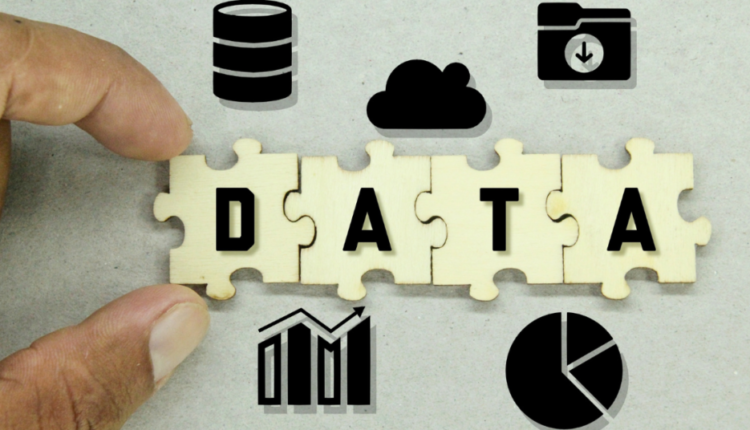In the current era of technology, data exists all around us. We create a large quantity of information daily through activities on social networks and buying things over the internet. The information is very useful for many things, like making better products and deciding important matters. But with this valuable thing, there is also a big responsibility. Ethical thoughts are very important when getting involved in data collection usage. We must make sure that we protect people’s privacy and do not use the information to hurt or take advantage of anyone. Now, let us look more closely at some key points about ethical ways to handle data.
Data Collection: Respect for Privacy
Privacy stands as a basic right for all humans. It is therefore critical to honor the privacy of people when we gather and utilize data. This involves clear communication regarding the type of data collection. It also involves the purposes behind its use, and information about the viewers of the data. Organizations and businesses must get permission from people before gathering their personal information. Moreover, they should give the users choices about the ways in which their data is utilized.
Security, Accuracy and Integrity
Securing the data is also a very important ethical matter. We must act to keep the collected data safe from people who should not see it, stealing, or using it in wrong ways. Organizations must put strong security measures and encryption methods into practice. They should also update their systems often to stop the unauthorized access of data. They should also establish definite rules for managing and keeping data safe.
Making sure data is correct and whole is very important for using it in a way that’s right. If the data isn’t right or gives the wrong idea, it can make people draw bad conclusions and decide things that might hurt others. Hence, it is important to check the quality of gathered data and look at where it comes from. Also, how relevant it is and if you can trust it. Companies must be clear about any bias or limits in their data and work to reduce these effects.
Fairness and Non-Discrimination in Data Collection
The gathering and use of data ought to be carried out fairly and without bias. This includes steering clear of any partiality in the ways we collect data or in the computer algorithms that might lead to unfair treatment of some people or groups. Organizations must often check how they handle data to find and fix any biases or unfair results that might happen.
Organizations must be responsible for their use of data and the way they handle it, making sure to clearly explain how they gather, process, and utilize such information. This means they must give clear descriptions of the methods and steps used in making choices with data. Also, companies need to set up ways for people to see their own data, fix any wrong information, and make complaints if they think someone has not respected their privacy.
Conclusion

Considering ethics in collecting and using data is very important to protect people’s rights, to use data correctly, and to help society. When organizations focus on keeping information private, safe, true, fair, responsible, and clear; they earn trust from everyone involved and help create a digital world that is more just and morally good. Organizations must always check and make better their handling of data to keep up with changing moral guidelines and what society expects.


